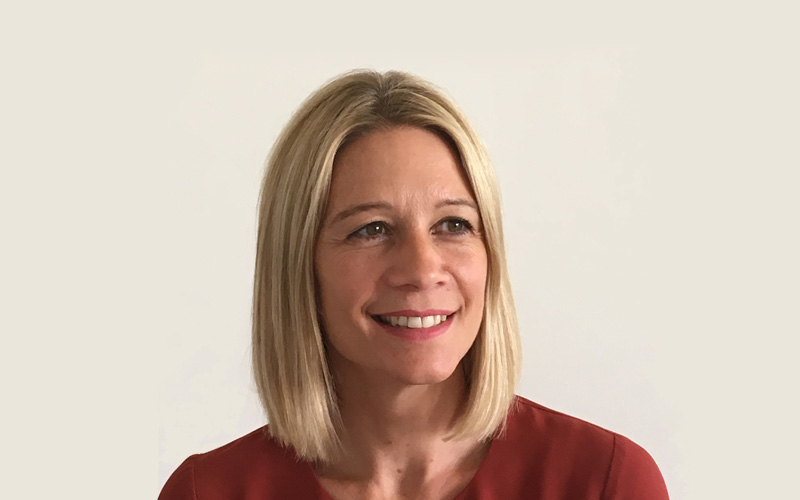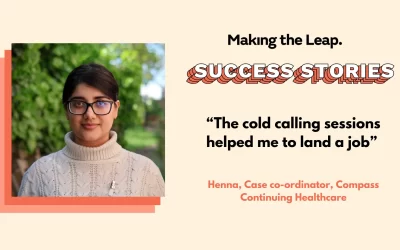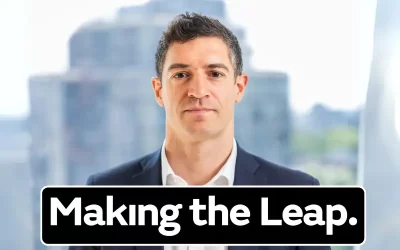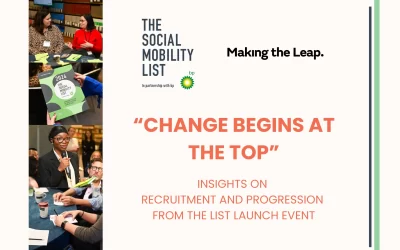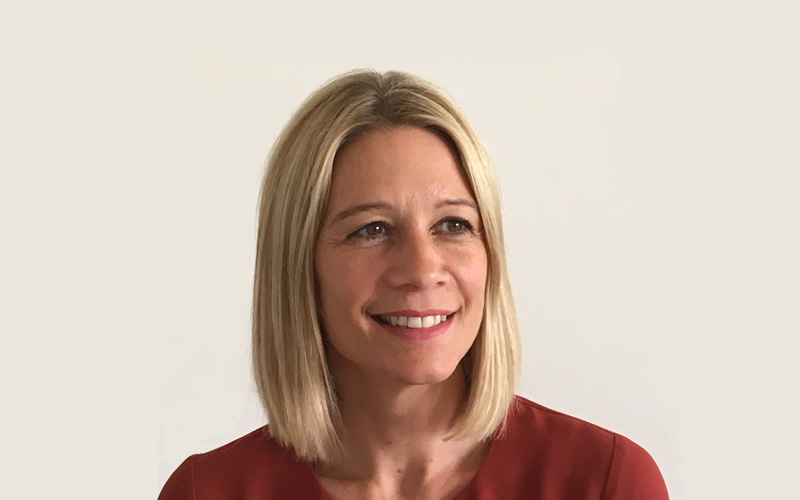
Wendy Lyons, Director, Human Assets Ltd
The UK Social Mobility Awards were created to recognise the organisations and individuals displaying outstanding commitment to the advancement of social mobility. These initiatives, however, do not exist in a vacuum. Over the years there have been myriad leaders changing the way businesses function and creating more equitable workplaces, many of whom, we’re pleased to say, sit on the judging panel for the UK Social Mobility Awards. Who better to pick out the very best submissions from a treasure trove of best practice than the people who’ve been there and done it themselves?
One such pioneer is Wendy Lyons, a Chartered Business Psychologist and Owner of Human Assets, a talent management consultancy based in London. Wendy’s parents imbued in her the value of education for upward mobility and, after going from a comprehensive school to undergraduate studies at Loughborough University, she completed a master’s degree in Occupational Psychology at Surrey University. Wendy started out at Human Assets in 1995 but then worked abroad in Hong Kong and Asia for 4 ½ years at Saville & Holdsworth, Korn Ferry and as an independent psychologist. She returned to the UK in 2004 and became a Director at Human Assets.
We spoke to Wendy about her career path, the importance of social mobility and why the UK Social Mobility Awards are an essential aspect of advancing this agenda.
Currently, social mobility is frequently in the news but is perceived in contrasting ways. How do you define social mobility and why do you believe it is something to aim for?
For me, social mobility is purely and simply about access to opportunities regardless of background. I know there is an argument that equality should be the main aim but, in my opinion, social mobility is one important aspect of social justice and equality. I don’t think we need to think of it as one or the other. It’s about fairness – talented and hardworking people should have opportunities to progress but too many of those opportunities go to the privileged.
There is also an economic argument. We know from the McKinsey Report that a diverse workforce is better for business and public sector bodies, but people from privileged backgrounds dominate the top positions in most industries. The UK is already facing a skills shortage that could potentially be made worse by Brexit – so organisations are going to have to find talent in places they wouldn’t normally look, and the questions becomes: how can they do that? The answer is that organisations must ensure they are gaining access to and progressing all the talent regardless of background. As a business psychologist I really see the benefits when organisations are more inclusive – you get different points of view, creative solutions, different abilities and you’re better at dealing with different clients and customers.
How does Human Assets contribute to the advancement of social mobility, and what do you do on a personal level to further the cause?
Diversity and inclusion is at the heart of everything we do – we strongly believe in the increased productivity and innovation that it brings. One aspect of our work is to build inclusive leadership in organisations. Get the culture and behaviour right at the top and you see this cascade down throughout the organisation. So, ensuring there is a comprehensive strategy that includes socio-economic background is a big part of how we work with organisations.
We also help organisations interrogate their processes and design more inclusive ones – for example, ensuring recruitment and promotion processes are measuring the right things. I often see ‘confidence’ as a criterion for selecting people. We challenge whether this is necessary. We want organisations to think about what they are looking for and whether their criteria might be inadvertently favouring certain groups of people. Confidence can be related to middle-class socialisation and status. We help organisations focus more on outcomes – so can a potential employee build a good relationship with clients? If they do this in line with the organisation’s values, it probably doesn’t matter whether they do it confidently or not.
We also encourage organisations to gather data on social mobility. We look at where things aren’t moving forward in terms of social mobility. Organisations are getting better at gathering data, which is great, but often they miss talking to people about their own experiences. For example, one organisation had it drawn to their attention that people from a lower socio-economic background, despite being in senior positions, didn’t feel heard. The data would have masked this reality.
On a personal level, I’ve connected Fellows from Making The Leap with some of my clients to provide insights and networking connections. I’ve also worked as a mentor with children from lower socio-economic backgrounds between the ages of 5-12 on a programme that helps to develop skills, confidence and life aspirations. The programme provides positive role models with different life experiences to young people from disadvantaged backgrounds.
How did you first get involved with the UK Social Mobility Awards and why do you believe they are a vital leader in the movement for more social mobility?
The UK Social Mobility Awards sparked my interest because they are all about encouraging organisations to make positive changes. From my experience, this is a very important complement to developing individual skills like confidence, CV writing and networking. I wanted to look beyond changing individuals and look at how organisations could change what they are doing.
I remember one of my first experiences of a law firm, when I worked as a consultant, being terrified about how exclusive it felt. It’s tough if you’ve never been in an environment like that and you start to wonder: how do I fit in? At that point, you’re already at a disadvantage compared to people who traditionally take that route. I think the SOMOs are fantastic at encouraging organisations to change their own practices.
How do you see these awards advancing engagement with the social mobility movement?
The Awards are about publicly celebrating success, identifying what’s working and encouraging organisations to learn from each other. In business psychology, we refer to this as ‘appreciative inquiry’ – we focus on what’s working well, why it is working and how to do more of it. Organisations that are just starting out on their social mobility journey get to see what other organisations are doing which helps to replicate best practice.
It’s my second year judging the awards and I’ve seen a dramatic improvement in the number and quality of the submissions. It’s a great sign that awareness and engagement is increasing.
Fast forward 10 years. What will have changed in organisations across the UK in their approach to social mobility?
I would like to see, and hope to see, social mobility on all organisations diversity and inclusion strategy in the UK – they have a clear position on it, collect the data and see it as a business imperative rather than just something nice to do.
I’d also like to see organisations working more closely with schools and universities to improve access to education and jobs for people from all backgrounds. Finally, if a way could be found to collect the data, ideally there would be reporting on a class pay gap because that would show if there has been any real change.
You’ve been on the judging panel for the last two years, so you’ve seen many of the strategy’s companies are implementing. If there was one thing you could make every organisation in this country do to advance social mobility, what would it be?
For me, the most important thing is robustly examining and collecting data on their attraction, selection, progression and inclusion processes and policies with regards to social mobility. We strongly suggest organisations speak to people from disadvantaged backgrounds, and more privileged backgrounds, and find out what they consider to be the challenges.
I’ve seen it where organisations jump in with various initiatives and they don’t work – they aren’t necessarily bad initiatives, but they aren’t challenging the real sticking points. There isn’t enough analysis of what’s really going wrong. Unconscious bias training is a good example of this. The training became a way of addressing a general lack of diversity for many organisations, but research shows that while the training can help raise awareness, it needs to be part of a comprehensive social mobility strategy to change behaviour.
This post first appeared on the UK Social Mobility Awards website. Access it here.
Follow the UK Social Mobility Awards on social media for all the latest news and updates.
